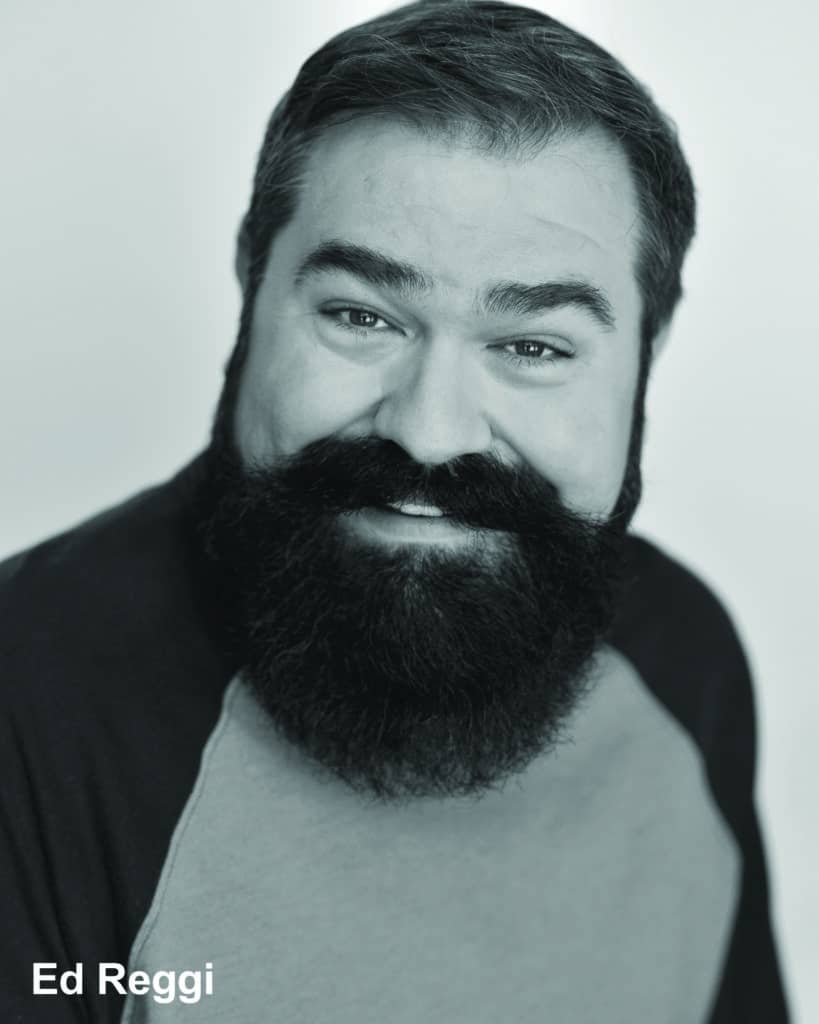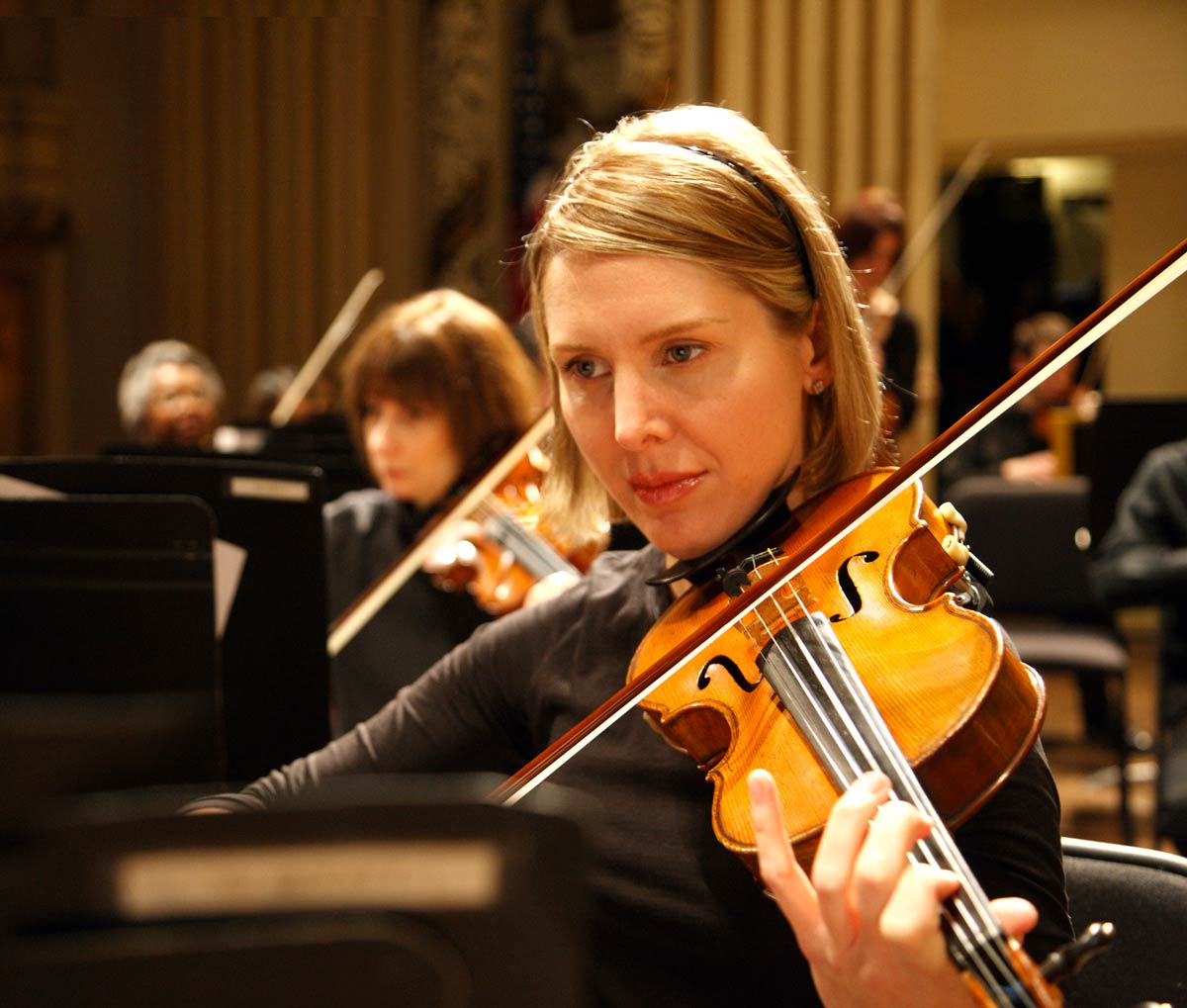Most of us think of improv as being comedy. It really is so much more. Ed Reggi shares his love of this form of theatre in “The Converstion” where we ask questions and Ed enlightens us on the benefits of improv for people of all ages.

Living Without The Script
INTERVIEW by Pam Clifton
Ed Reggi shares the confidence-boosting benefits of improv.
Even at a young age, Ed Reggi was drawn to the life of an entertainer. The native New Yorker would sneak into NBC Studios near his house to watch the goings-on and imagine his future as a performer.
When Ed, fresh out of college at Fontbonne University in the St. Louis suburb of Clayton, took a class at the Chicago improvisational comedy enterprise, Second City, the experience changed his life. He studied under Paul Sills, founder of Second City and son of improvisational theater pioneer Viola Spolin, for almost 10 years.
Ed is an actor and producer. He’s worked alongside such famous names as George Clooney, Amy Poehler, and Keegan-Michael Key, and he appeared on Oprah Winfrey’s Welcome to Sweetie Pie’s. He won an Emmy for his work as a voiceover artist.
He moved back to St. Louis in 2000, drawn there by love. Since then, he has cultivated a satisfying teaching career. He leads courses at the Center of Creative Arts in St. Louis and at Lindenwood University in St. Charles, and he conducts communications workshops for Fortune 500 clients. Yet nothing brings him more joy than seeing students find courage through improv.
Q | What does improvisation mean in the theater world?
A | Improv is working without a script. It’s doing fine arts and just creating. It’s the opposite of what choreography is for a dancer. When you just dance and have a good time at a wedding, that’s improvising. When you jam together with people who play an instrument, that’s improv.
Q | What first drew you, as a performer, to live theater?
A | I found myself in a perfect balance of traditional theater and a live show. I wasn’t really attracted to TV and film (even though I did it). I liked to be in the room with the audience, to hear the people laughing. Improv checked all the boxes.
Q | What do you like best about the art of improvisation?
A | There’s no barrier. In theater, we need a lot: a script, license, stage, set designer, etc. In the world of improv, we have a blank stage, lights, and an audience. Many think improv equals comedy. But improv brings everybody together and builds community. You learn about each other and start to grow, whether it’s five people or 100.
Q | What makes improv a useful tool, even for non-actors?
A | The No. 1 phobia is public speaking. Whether someone speaks in a crowd, in front of the boss, or somewhere else, improv helps them learn to be in the moment. People don’t have to be perfect. Come in and just do it and it’s going to work out. I think anxiety is what worries people. I tell them to just have fun.
Q | Is there an ideal age when it’s easiest to embrace improv?
A | I teach improv to students from kindergarten to adult.
Q | What’s coming up next for you in your career?
A | I just completed my master’s in theater education, so I’m looking forward to transitioning into the classroom full-time. I hope to use all my experiences to mentor the next generation of performers.
Article originally published in the July/August 2023 issue of Missouri Life.
Related Posts
Autumn Beauty
Hermann Photographer William Fields captures autumn beauty in the Missouri countryside.
This is Our Missouri
A photo project helps commemorate the bicentennial.
Discover World-Class Culture in Columbia
World-class culture...In Columbia? You bet! Columbians know what visitors discover, that they have access to high culture right in mid-Missouri.



